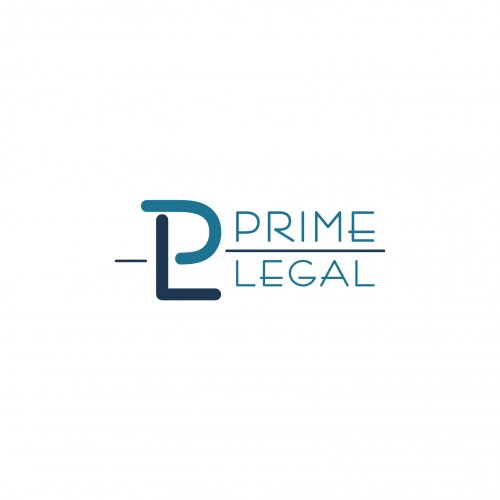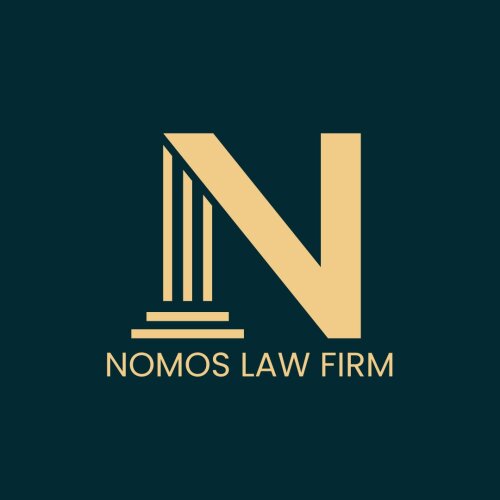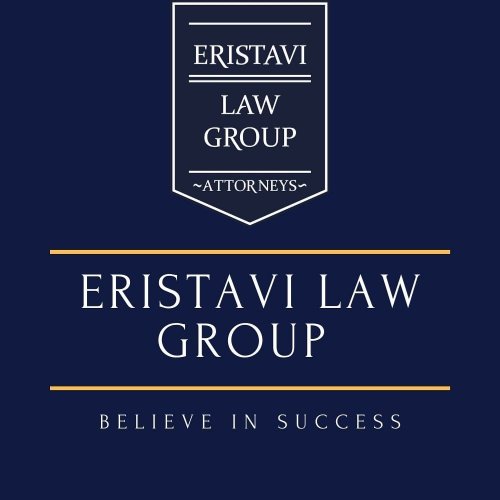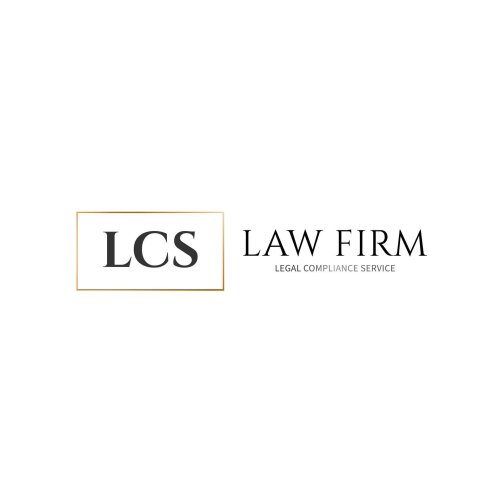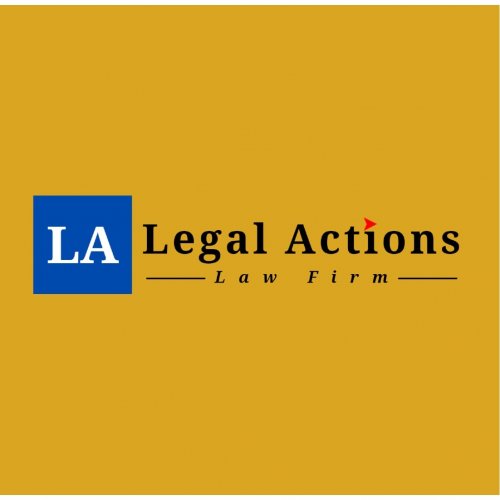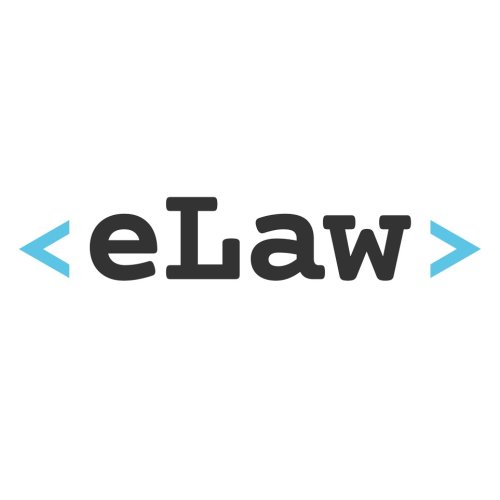Best Sanctions & Export Controls Lawyers in Tbilisi
Share your needs with us, get contacted by law firms.
Free. Takes 2 min.
List of the best lawyers in Tbilisi, Georgia
About Sanctions & Export Controls Law in Tbilisi, Georgia
Sanctions and export controls law in Tbilisi, Georgia governs the trade and transfer of goods, services, technologies, and capital across national borders. This field of law is shaped by international obligations as well as national legislation. The main purpose is to ensure that actions taken by individuals or organizations comply with international sanctions imposed by entities such as the United Nations, the European Union, or specific partner countries, alongside Georgia’s own regulatory framework. Violating these laws can result in significant penalties, both domestically and internationally.
Why You May Need a Lawyer
Many individuals and companies face complex situations where legal guidance on sanctions and export controls is essential. You may need a lawyer if you are:
- Exporting dual-use goods, technology, or sensitive equipment abroad
- Uncertain whether your business dealings are affected by ongoing sanctions
- Entering into contracts involving foreign parties in countries subject to sanctions
- Dealing with asset freezes or restrictions on international financial transactions
- Accused of violating sanctions laws or under investigation by authorities
- Seeking to implement compliance programs for your company
- Handling the logistics of international trade where third parties engage in higher-risk regions
- Faced with customs detainment of goods suspected of breaching export control laws
- Need clarification on the rapidly changing global sanctions landscape and its local enforcement
Legal counsel helps you avoid costly mistakes, ensures adherence to both local and international laws, and protects your reputation and interests.
Local Laws Overview
Key aspects of Georgian sanctions and export control laws include several statutes and regulations overseen by government bodies such as the Ministry of Finance, the Revenue Service, and the Ministry of Economy and Sustainable Development. Georgia is considered to have a relatively liberal trade regime, but it is committed to upholding obligations as a member of the United Nations and a partner to the EU Association Agreement.
Georgia does not independently impose widespread sanctions but implements United Nations Security Council sanctions as well as certain measures required by international partnerships. Export controls in Georgia focus on the transfer of dual-use goods, military items, and technologies that may pose a risk to national and regional security. Businesses must also follow customs regulations and may require special licenses or authorizations for specific exports or international transactions. Enforcement is strict, with monetary penalties, suspension of operations, and even criminal charges for egregious violations. Compliance is critical for anyone engaging in cross-border commerce in Georgia.
Frequently Asked Questions
What are sanctions and export controls?
Sanctions are legal restrictions, often imposed by governments or international bodies, on trade, financial transactions, or the movement of goods and people. Export controls are laws that regulate the export of certain goods, technologies, or information for national security, economic, or foreign policy reasons.
Do Georgian laws apply to transactions conducted by local companies abroad?
Yes, Georgian companies and individuals must ensure that their international business does not breach the country’s obligations under United Nations or partnered sanctions regimes, even when conducting business abroad.
Are there any specific goods or technologies subject to export controls in Georgia?
Yes, dual-use items (with both civilian and military applications), military equipment, hazardous materials, and some chemicals or advanced technologies may be subject to export controls and licensing requirements.
Which government agencies oversee sanctions and export controls in Georgia?
The Ministry of Finance, Revenue Service, and Ministry of Economy and Sustainable Development are the principal regulators. For specific licenses and compliance, the customs authorities play a vital role.
What happens if I unintentionally violate sanctions or export controls?
Regardless of intent, violations can lead to investigations, fines, seizure of goods, suspension of business activities, or even criminal prosecution in severe cases. Early legal advice can help mitigate these consequences.
Can sanctions affect financial transactions?
Yes, sanctions can restrict banking services, transfers of funds, and access to foreign assets. Georgian financial institutions must monitor transactions and report suspicious activities linked to sanctioned entities or countries.
Do I need a license to export technology or software from Georgia?
Certain technologies, proprietary software, or items with potential military application may require government licenses before export. It is important to verify with the appropriate agency before initiating exports.
How can I check if a party or country is subject to sanctions?
You can review United Nations and European Union sanctions lists, and consult the Georgian authorities or qualified legal professionals for up-to-date advice.
What is a compliance program and should my business have one?
A compliance program is a set of internal policies and procedures designed to ensure adherence to legal requirements. Businesses engaged in international trade are strongly encouraged to implement such a program to minimize legal risks.
What should I do if my goods are detained by customs on suspicion of violating export controls?
Seek immediate legal counsel to communicate with customs authorities, provide required documentation, and resolve the issue as quickly as possible. Acting promptly increases the chances of favorable outcomes.
Additional Resources
For further information or direct assistance, consider consulting the following:
- Georgian Ministry of Finance - Revenue Service, for customs and trade regulations
- Ministry of Economy and Sustainable Development, for licensing and international trade policies
- National Bank of Georgia, for financial sanctions compliance
- UN Security Council Sanctions Committees, for the latest international lists
- Industry associations or chambers of commerce specializing in international trade
- Local law firms with specialization in sanctions and export controls
Next Steps
If you believe you require assistance regarding sanctions and export controls in Tbilisi, Georgia, start by outlining your business activities or concerns. Gather any documentation related to your international transactions or exports and contact a local law firm with expertise in this area. An initial consultation can help clarify your position, outline compliance steps, and provide specific legal advice tailored to your situation. Staying proactive is the best way to avoid legal complications and ensure your business operates seamlessly within local and international frameworks.
Lawzana helps you find the best lawyers and law firms in Tbilisi through a curated and pre-screened list of qualified legal professionals. Our platform offers rankings and detailed profiles of attorneys and law firms, allowing you to compare based on practice areas, including Sanctions & Export Controls, experience, and client feedback.
Each profile includes a description of the firm's areas of practice, client reviews, team members and partners, year of establishment, spoken languages, office locations, contact information, social media presence, and any published articles or resources. Most firms on our platform speak English and are experienced in both local and international legal matters.
Get a quote from top-rated law firms in Tbilisi, Georgia — quickly, securely, and without unnecessary hassle.
Disclaimer:
The information provided on this page is for general informational purposes only and does not constitute legal advice. While we strive to ensure the accuracy and relevance of the content, legal information may change over time, and interpretations of the law can vary. You should always consult with a qualified legal professional for advice specific to your situation.
We disclaim all liability for actions taken or not taken based on the content of this page. If you believe any information is incorrect or outdated, please contact us, and we will review and update it where appropriate.




